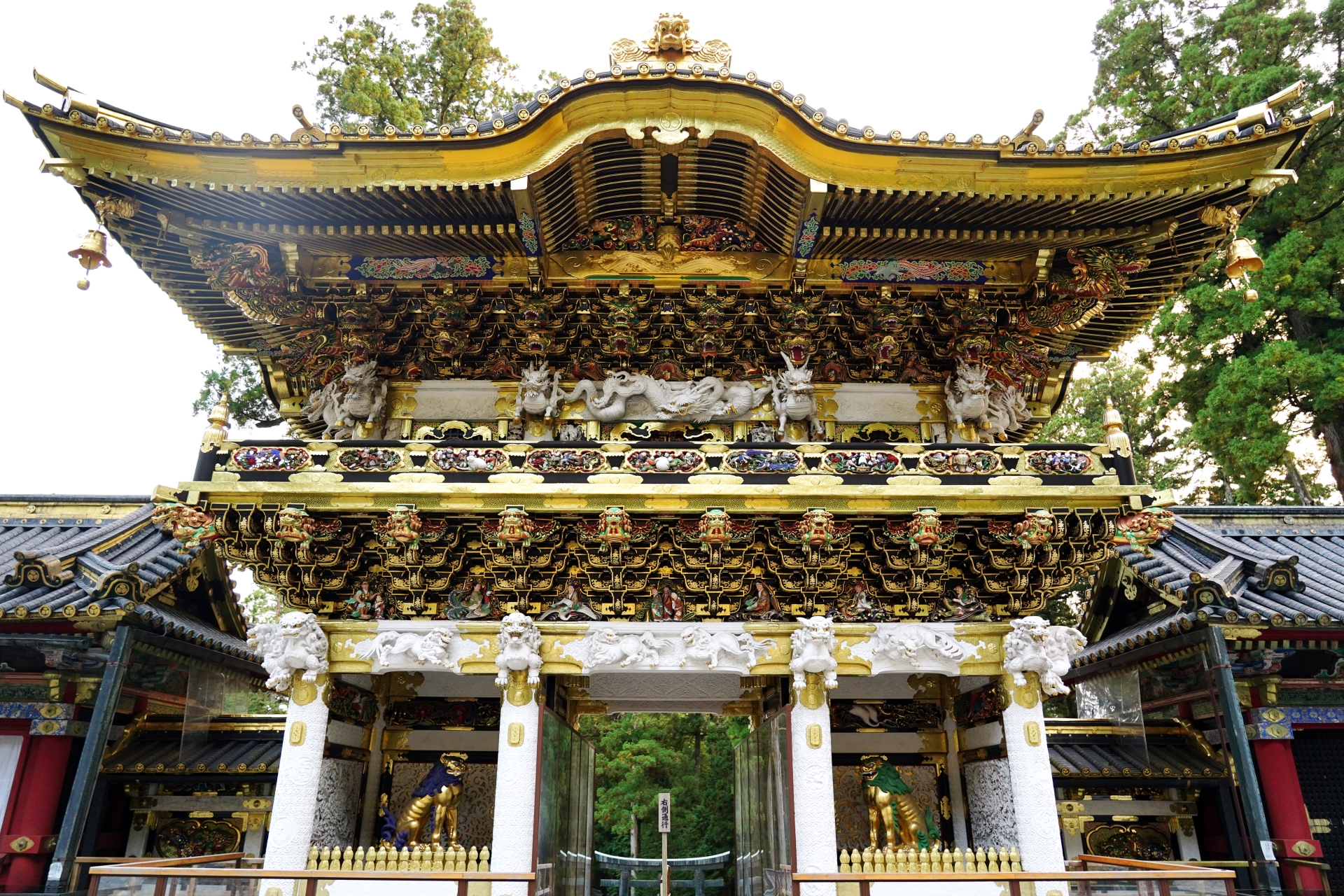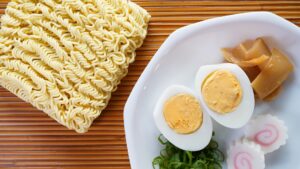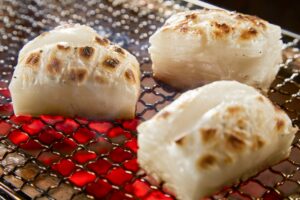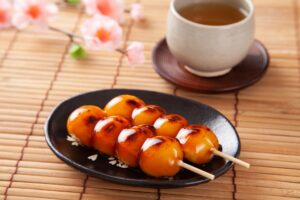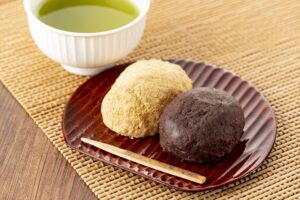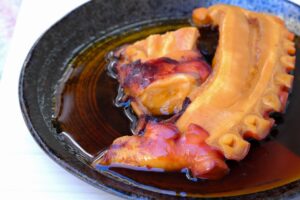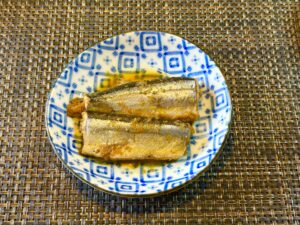Nikko, a treasure trove of natural beauty and cultural heritage in Japan, offers something for everyone—whether you’re a history enthusiast, a nature lover, or simply in search of tranquility. This guide dives into the best attractions, travel tips, and hidden gems to help you make the most of your visit to this enchanting destination.
Top Attractions in Nikko
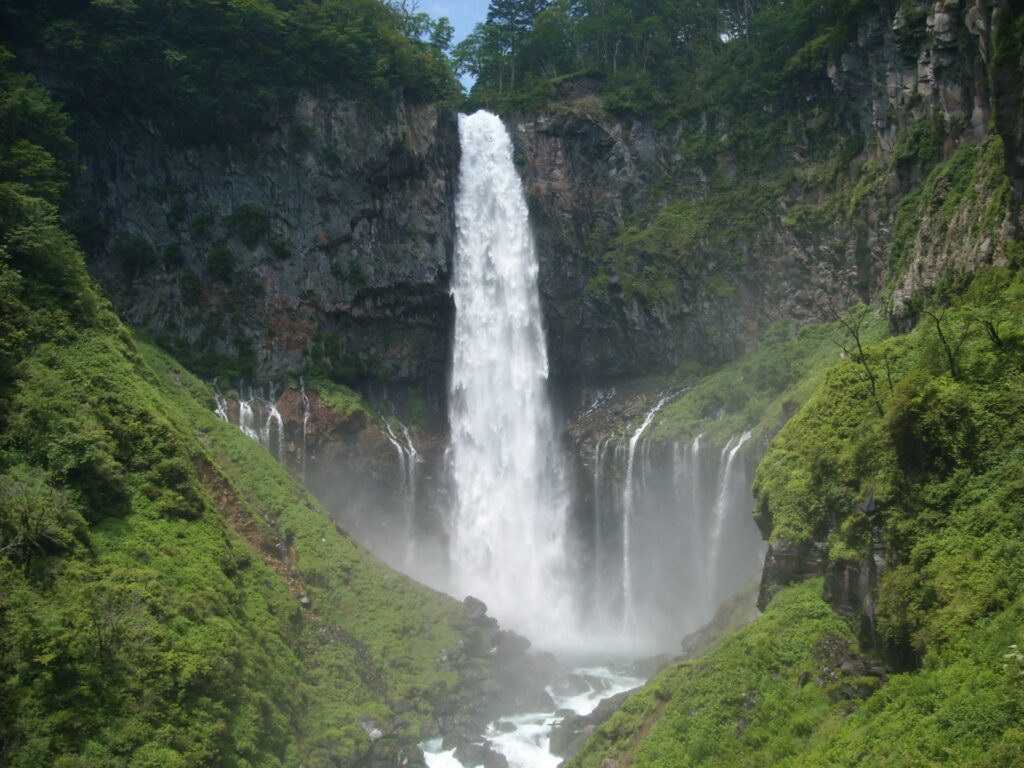
UNESCO World Heritage Sites
The awe-inspiring Toshogu Shrine, with its intricate carvings and gold-leaf details, is the jewel of Nikko’s heritage. It serves as the mausoleum of Tokugawa Ieyasu, the founder of the Tokugawa shogunate. Nearby, the Futarasan Shrine and the Rinnoji Temple add to Nikko’s spiritual allure.
Natural Marvels
A visit to Kegon Falls, one of Japan’s top three waterfalls, is a must. The falls, especially mesmerizing during autumn, cascade from a height of nearly 100 meters. Nearby, the serene Lake Chuzenji offers boat rides and spectacular views.
Exploring Nature in Nikko
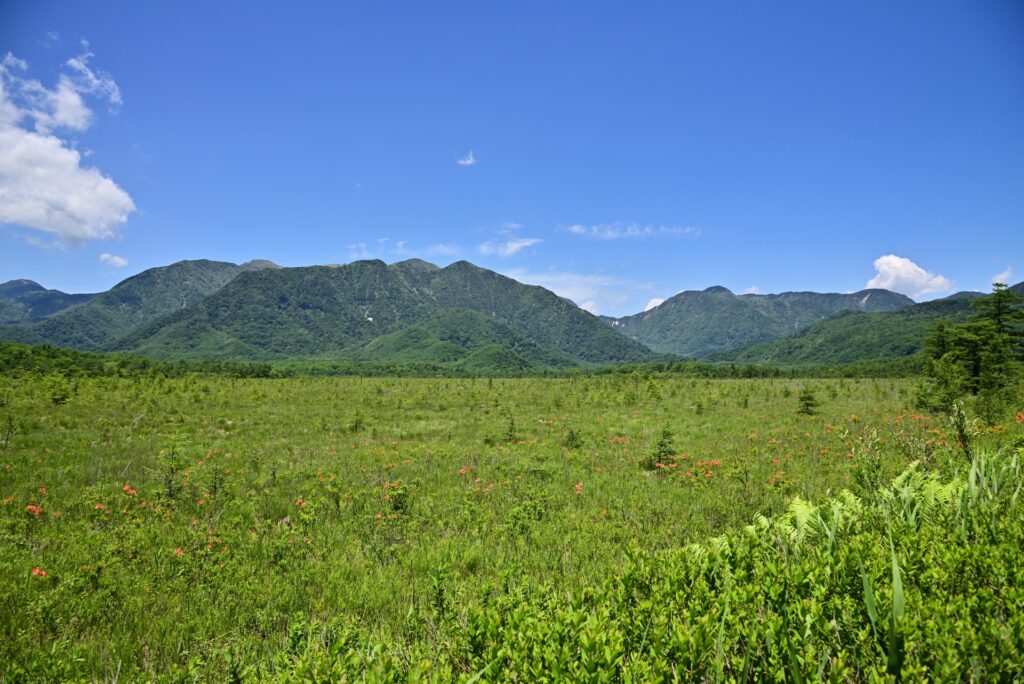
Nature enthusiasts will be captivated by the untouched landscapes. Senjogahara Plateau, ideal for hiking, provides panoramic views and an array of flora and fauna. In spring and summer, Ryuzu Falls impress with their cascading waters surrounded by greenery, while autumn transforms the area into a canvas of red and gold hues.
Seasonal Tip: Autumn, from late October to early November, is peak time for foliage, while spring offers cherry blossoms and fresh blooms.
Best Onsen Experiences
Nikko is home to some of Japan’s finest onsen. The Kinugawa Onsen area is renowned for its scenic hot springs along the Kinugawa River, offering both public baths and ryokan stays. For a more secluded experience, try the Yumoto Onsen in the Okunikko region, known for its sulfuric waters and stunning natural surroundings.
Onsen visits in Nikko are not just relaxing but deeply tied to Japanese culture, emphasizing rejuvenation and spiritual purification.
Transportation and Travel Tips
From Tokyo to Nikko
Nikko is easily accessible by train via the Tobu Limited Express or JR Nikko Line, with travel times of about two hours. For budget travelers, highway buses are a convenient alternative.
Getting Around Nikko
Invest in the Nikko Pass, which offers unlimited access to buses and trains in the area, along with discounted entry to attractions. Buses are the primary mode of transport within Nikko, connecting major sites efficiently.
Seasonal Highlights and Festivals
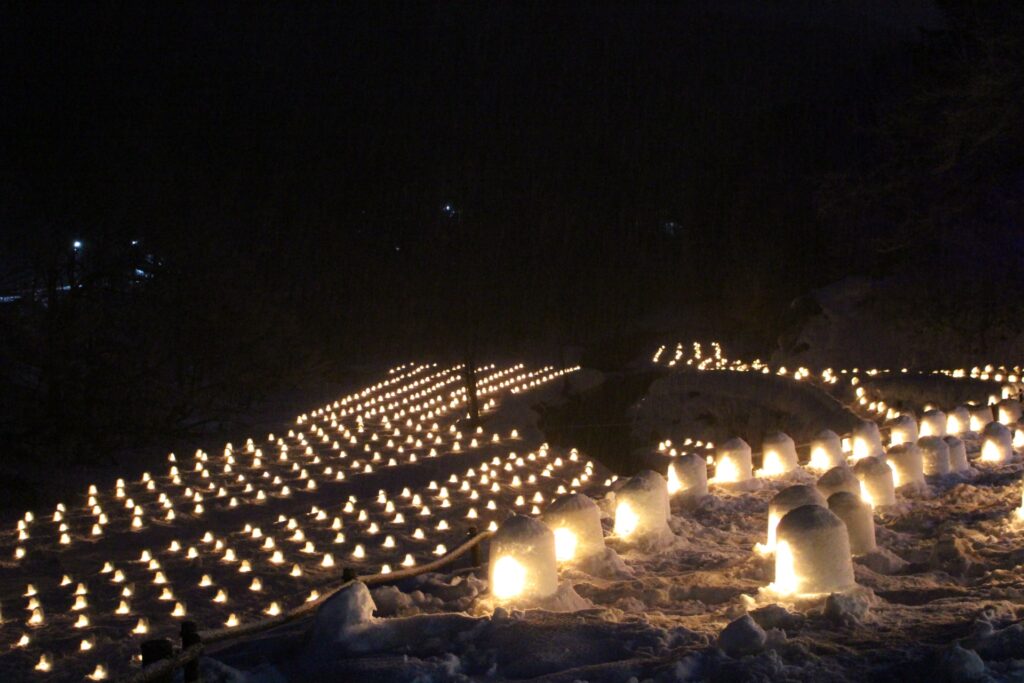
Nikko’s festivals and seasonal scenery are unforgettable. The Nikko Toshogu Grand Spring Festival (held in May) features vibrant processions reenacting the shogun’s legacy. In winter, the Yunishigawa Kamakura Festival showcases snow huts illuminated by lanterns.
For nature, the cherry blossoms of April and the vivid foliage of autumn are the star attractions. Winter brings snow-capped landscapes, ideal for photography enthusiasts.
Local Cuisine and Souvenirs
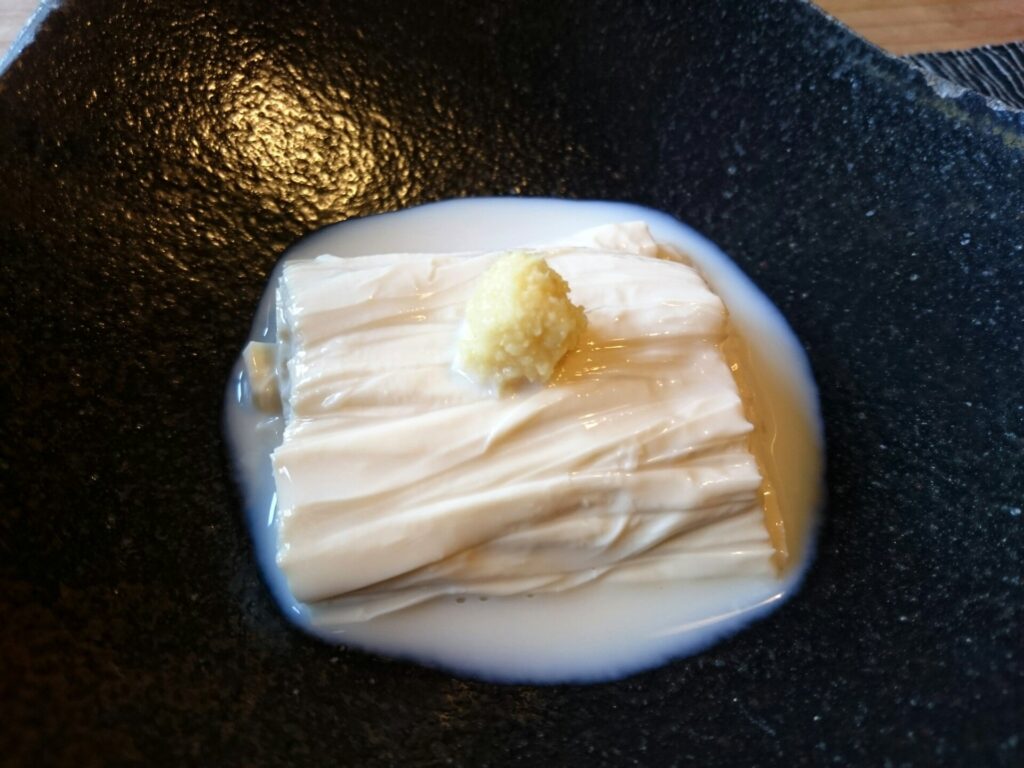
Must-Try Foods
Indulge in yuba, a local delicacy made from tofu skin, often served in soups or sushi. Pair it with Nikko’s famed sake or sample seasonal sweets like manju.
Souvenirs
Nikko is celebrated for its traditional crafts, such as Nikko woodcarvings and lacquerware. Don’t miss taking home decorative items or handcrafted chopsticks as a keepsake.
Hidden Gems to Discover
Step off the beaten path to explore the tranquil Kanmangafuchi Abyss, a riverside trail lined with rows of Jizo statues. Another hidden treasure is the Iroha Slope, a winding road that offers breathtaking views of the mountains.
For a more sustainable approach to tourism, consider walking tours or eco-friendly accommodations that highlight the region’s natural charm while preserving its ecosystem.

